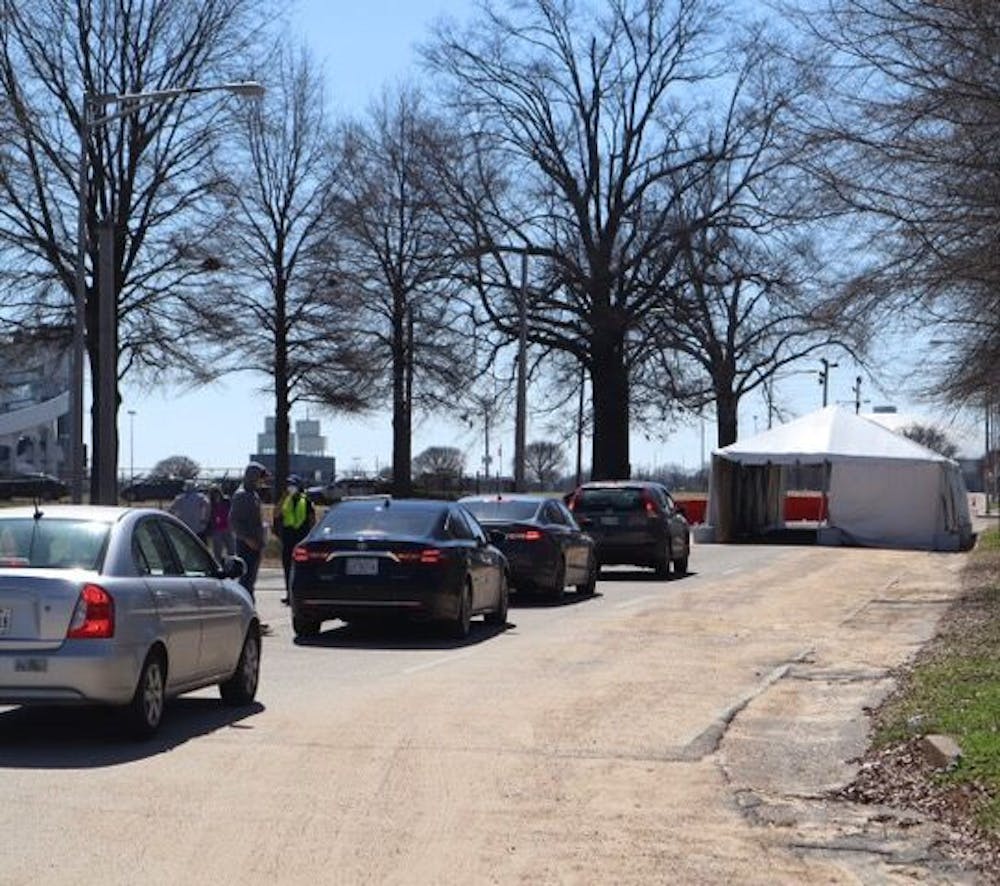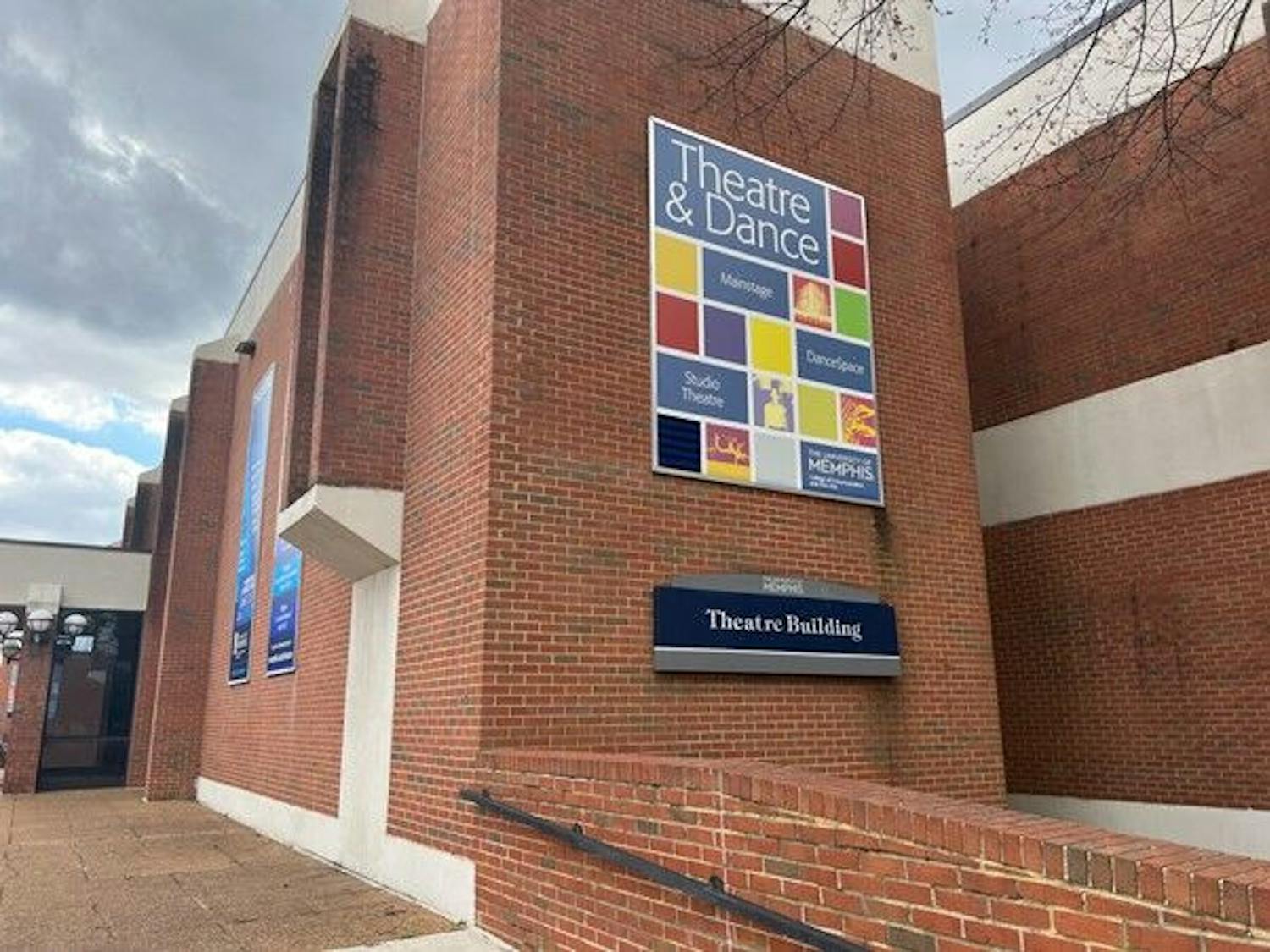After a bumpy start that saw delays, expired doses and calls for an FBI investigation, the City of Memphis has taken over the vaccine administration process locally and is now allowing members of the risk-based group 1c and those who are 65 years or older to receive the first dose of a COVID-19 vaccination, and some are already receiving their second/final dose.
Group 1c includes Tennesseans who are 16 and older and have medical conditions that would make them more likely to suffer from serious illness related to the coronavirus. Some of the medical conditions include chronic renal disease, obesity and heart failure.
The City of Memphis announced on March 4 that it would be moving into Phase 1c of the Tennessee COVID-19 Vaccination Plan starting Monday, March 8. This news came after the state, back in February, stripped Shelby County from its duty of distributing the vaccine.
At a press conference last month, State Health Commissioner Lisa Piercey placed the blame of the mismanagement of the vaccine distribution process on the Shelby County Health Department, as well as Shelby County Mayor Lee Harris. This followed claims of vaccine theft by a volunteer, in addition to reports that the vaccine may have been administered to children. The FDA has not yet deemed the vaccines safe for children under 16. After growing pressure from the community and local elected officials, Shelby County Health Director Alisa Haushalter resigned, and the City of Memphis took over the process of administering vaccines.
Over the past few weeks, as the city has taken charge of the local vaccine effort and put to use the Memphis Fire Department to assist with the process, there have been reports of short wait times and heightened efficiency, especially at the Pipkin Building, which had become notorious for long waits at the beginning of the rollout.
For Travis Bickers, who was recently allowed to schedule an appointment because of the 1c guidelines, getting vaccinated this week at the Appling Cove site was simple.
“My appointment was for 5:15,” Bickers said, “and we got there 10 minutes early. We were leaving [the vaccination site] by 5:28, even after the 15-minute wait period. It was way easy.”
Bickers said he was not asked to show proof of his medical condition, but he was asked when he scheduled his appointment online.
While Teri Del Rosso, University of Memphis assistant professor in the Department of Journalism and Strategic Media, recently became eligible to receive the vaccine under phase 1c for what she describes as a manageable case of an autoimmune disease, following the state’s vaccination groups made her initially hesitant about scheduling an appointment.
“I want to get on the other side of this knowing that I did everything I could for my loved ones and my community,” Del Rosso said. “I certainly have a lot of privilege in the sense that I can work from home, and I’m relatively safe. Even though I’m eligible, I want to make sure other people can get it.”
Del Rosso said she found the guidelines around the groups, designated by the Tennessee Department of Health, vague and convoluted. After seeking the advice of her doctors, Del Rosso scheduled an appointment for this week. Even though she decided to get vaccinated now, Del Rosso still plans to wear a mask in public, and she does not see a lot of her daily life changing.
Del Rosso also said she wouldn’t use the word hopeful to describe the current situation.
“I feel lucky. And determined, and a bit angry. This last year exposed so many inequities and pain. It did not have to be like this. If we can't fundamentally change, there’s not a lot to be hopeful for. But I feel determined to work towards that.”
Moving forward, the City of Memphis has set ambitious goals: 700,000 residents of Shelby County vaccinated by the summer, which would require around 50,000 vaccines a week to be achieved. This is set against the backdrop of a larger, national vaccine increase. The Centers for Disease Control and Prevention (CDC) hit a daily record of 2.9 million vaccines administered on March 7, and on the same day the Senate passed a $1.9 trillion Covid relief bill – which is expected to be passed on similar party lines in the House this week.
Last week, President Joe Biden said the US will have vaccines for every adult by the end of May, cutting his initial timeline by two months.






